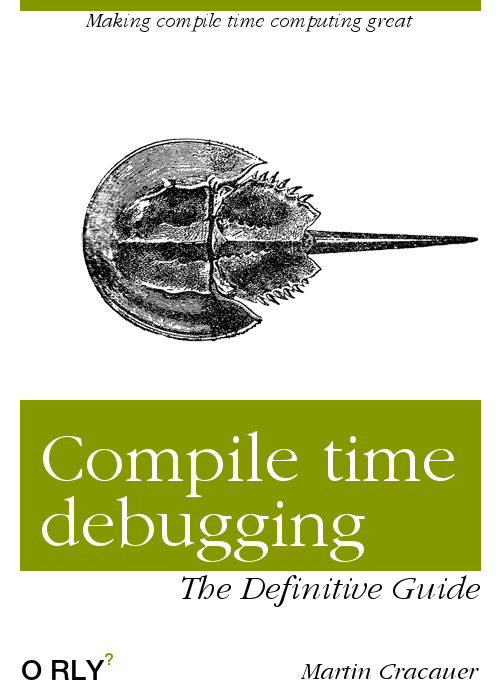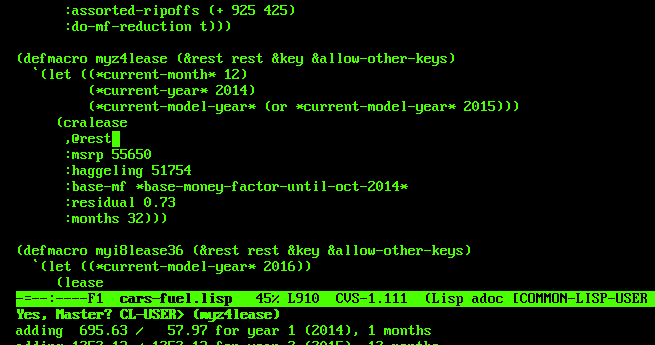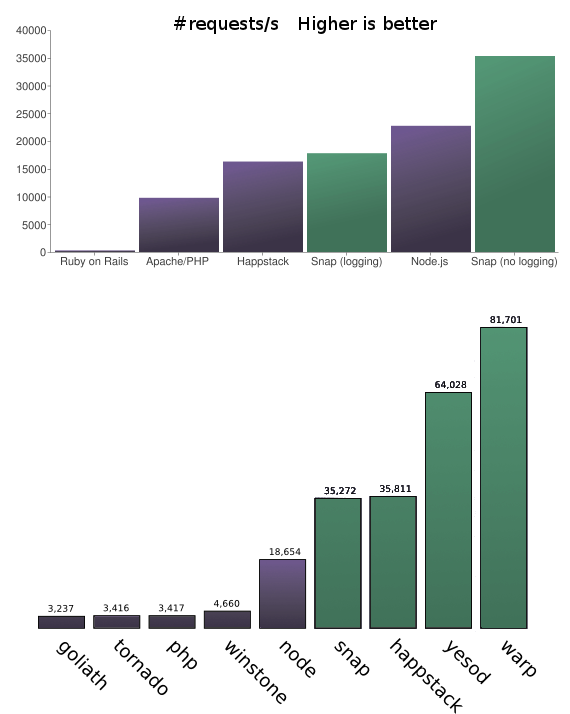Lisp isn't about writing and reading a program. Lisp is about keeping a program changeable.
Speed is also an important feature of Lisp. Common Lisp is very fast for some specific things:
Chez Scheme is on average about as fast as Common Lisp.
Chez Scheme supports all standard features of Scheme, including first-class procedures, proper treatment of tail calls, continuations, user-defined records, libraries, exceptions, and hygienic macro expansion.
Chez Scheme also includes extensive support for interfacing with C and other languages, support for multiple threads possibly running on multiple cores, non-blocking I/O, and many other features.
But what is interesting, Qi is on average even faster than Common Lisp and Chez Scheme:
In fact, Qi is ahead of functional programming design in many of its features.
Its generally efficient, being faster in execution than hand-coded native CL and has all the features of the Lisp genotype while being about 3x more compact for programming purposes than CL.
I do like clojure with its close tie to both Java and lisp. I am thinking of using it for my new project but am concerned about speed but rapid development and expansion seems to be quite compelling
Compared to Python, Clojure is still fast:
Why?I’m a web developer and I want to know which tool I should use in a given situation in the back-end. I have 3 languages in my arsenal: Clojure, JavaScript and Python so this post will be about Pyt

beetleman.github.io
Catacumba - Requests/sec:
30736.96
Aiohttp - Requests/sec:
13084.33
Clojure is among the very most productive languages ever developed, it is almost 3x more productive than Python.
Of course, the fact that it uses the JVM is also an advantage in some areas.
But in other areas, the fact that it uses JVM is a disadvantage.
Haskell, in my opinion, is better than Clojure. I will try to prove my reasoning:
- It has almost exactly the same productivity as Clojure.
- It has lower RAM usage. Modern Haskell uses relatively little RAM, so it is also suitable for system services programming.
- It is often thought that Haskell is 2-3 times slower than C. But in reality, in many apps it is as fast as the fastest C apps. Here is an example:
(warp = Haskell and warp is as fast as NGINX written in pure C language)
- Fewer bugs than Clojure (due to the fact that Haskell is one of the purest languages in existence)
- Despite the very advanced capabilities of the language, I find Haskell, along with REBOL, to be the easiest programming language I have already learned.
In any case, there are several Haskell books that are very accessible and allow most programmers to learn it without the slightest difficulty.
- Haskell is one of the best scripting languages thanks to the runhaskell program. Clojure, on the other hand, is not suitable for scripting.


 medium.com
medium.com

 medium.com
medium.com

 medium.com
medium.com

 medium.com
medium.com




